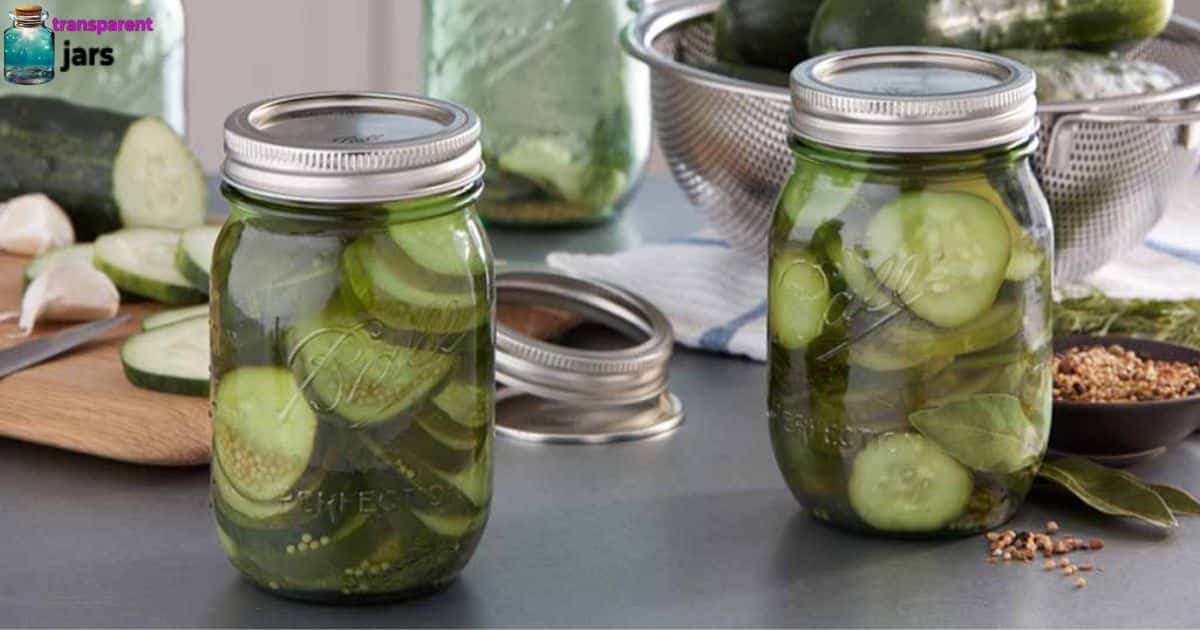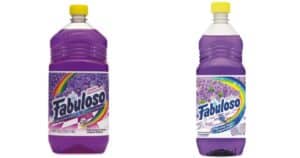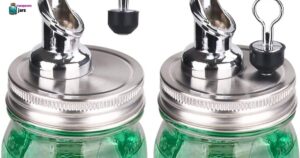Welcome to our guide on freezing food in mason jars, If you’re someone who values sustainability and wants to reduce waste, you might be wondering if mason jars are suitable for freezing. We understand the desire to belong to a community of individuals who are looking for environmentally-friendly alternatives.
In this article, we will explore the advantages of freezing in mason jars, address the question of whether or not mason jars can be safely frozen, and provide tips on using lids for freezing. We will discuss common mistakes to avoid and share helpful advice on thawing and storing food in glass jars. So, let’s dive in and discover the possibilities of freezing with mason jars.
Key Takeaways
- Freezing in Mason jars preserves food freshness and flavor.
- Mason jars provide an airtight seal, preventing moisture and air from entering.
- Glass material does not absorb odors or flavors, ensuring the integrity of the food.
- Mason jars are an eco-friendly alternative to disposable plastic containers for freezing food.
Advantages of Freezing in Mason Jars
One advantage of freezing in mason jars is the preservation of food freshness and flavor. Mason jars are made of thick, durable glass that provides an airtight seal, preventing moisture and air from entering the jar. This helps to maintain the quality of the food and extend its shelf life. The glass material also does not absorb odors or flavors, ensuring that the frozen food retains its original taste. Wondering for more information on How To Ferment Vegetables In A Mason Jar?
The transparency of mason jars allows you to easily see the contents, making it convenient to identify and locate specific items in your freezer. Freezing in mason jars eliminates the need for disposable plastic bags or containers, making it an eco-friendly choice. Now, let’s explore the question of whether mason jars can be safely frozen.
Can Mason Jars Be Frozen
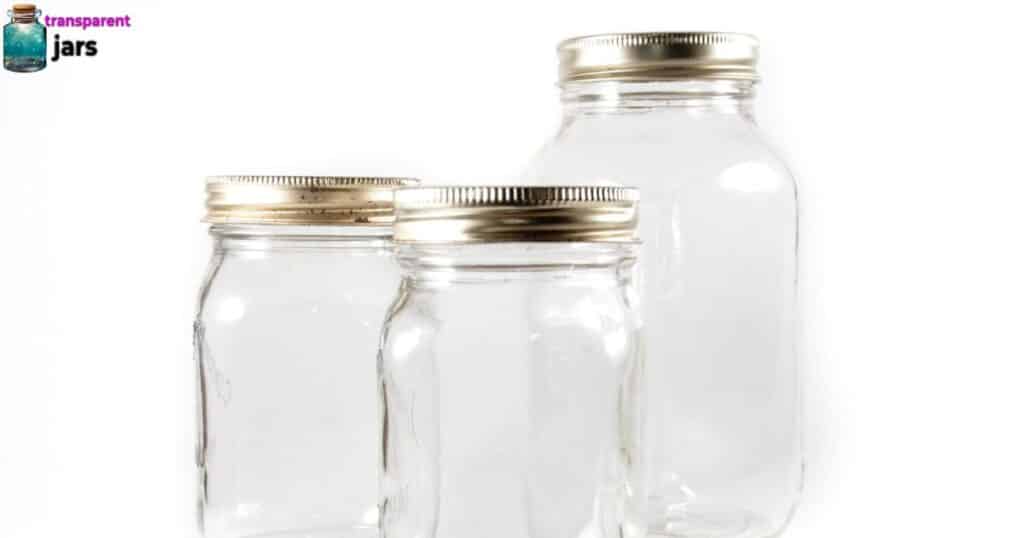
Mason jars can be safely frozen for long-term storage of food. Freezing food in mason jars offers several benefits:
- Versatility: Mason jars are available in various sizes, allowing you to freeze different quantities of food according to your needs.
- Preservation: The airtight seal of mason jars helps to maintain the freshness and quality of the food, preventing freezer burn and reducing spoilage.
- Organization: Mason jars are stackable, making it easy to store and arrange them in your freezer, optimizing space.
- Sustainability: By using mason jars for freezing, you reduce your reliance on disposable plastic containers, contributing to a more environmentally friendly lifestyle.
Now that we know mason jars can be safely frozen, let’s explore the next aspect: using lids for freezing mason jars.
Using Lids for Freezing Mason Jars
To ensure proper freezing and storage of food in mason jars, it is essential to use appropriate lids. The lids used for freezing mason jars are typically made of two parts: a metal band and a flat lid with a rubber seal. These lids are designed to create an airtight seal, preventing air and moisture from entering the jar and causing freezer burn or spoilage.
When using lids for freezing mason jars, it is important to make sure they are in good condition, with no dents or damage that could compromise the seal. Additionally, it is recommended to leave some headspace in the jar to allow for expansion during freezing. By using proper lids, you can confidently freeze your food in mason jars and enjoy the benefits of long-term storage.
Freezing Mason Jars With Lids
When freezing mason jars with proper lids, it is important to ensure the lids are in good condition and create an airtight seal. This will prevent any freezer burn or contamination from occurring. Here are a few tips to help you freeze mason jars with lids successfully:
- Make sure the jars are clean and dry before filling them with your desired food or liquid.
- Leave enough headspace in the jar to allow for expansion during freezing.
- Avoid using jars with shoulders, as they can crack under pressure.
- Place the filled jars in the freezer carefully, ensuring they are not touching each other or any other items.
Following these guidelines will help you freeze mason jars with lids without any issues. It’s important to note that not all mason jars are suitable for freezing, so always check the manufacturer’s instructions before attempting to freeze them.
Tips for Freezing Glass Jars
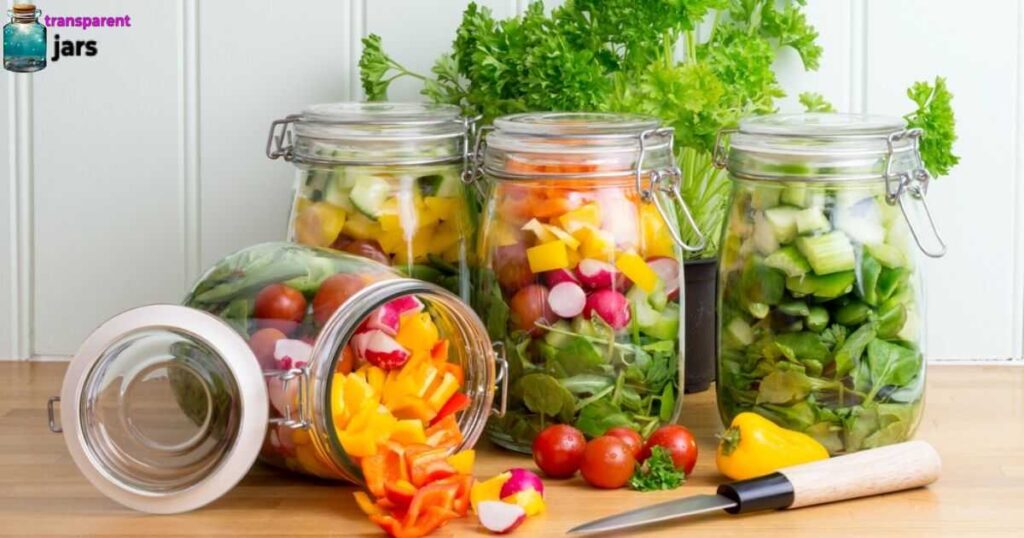
Glass jars can be successfully frozen with proper precautions and handling techniques. When freezing glass jars, it is crucial to choose jars specifically designed for freezing. These jars should be made of tempered glass that can withstand extreme temperature changes. Before freezing, ensure that the jars are clean and dry.
Leaving some headspace at the top of the jar is important to allow for expansion during freezing. It is advisable to use wide-mouthed jars, as they are easier to fill and empty. To prevent the jars from cracking, it is recommended to let them cool down gradually after removing them from the freezer.
Labeling the jars with the contents and freezing date can help with organization and ensure that the food is consumed within its recommended storage time. By following these tips, freezing glass jars can be a safe and convenient option for preserving food.
Preventing Rusting on Mason Jar Lids
How can you prevent rusting on Mason jar lids? Here are some tips to keep your jar lids rust-free:
- Use stainless steel lids: Stainless steel lids are resistant to rust and corrosion, making them a great option for preventing rust on Mason jar lids.
- Dry lids thoroughly: After washing your Mason jar lids, make sure to dry them thoroughly before storing. Moisture can lead to rust formation.
- Store lids in a dry place: Keep your lids in a dry environment to prevent exposure to moisture, which can accelerate rusting.
- Apply a protective coating: Consider applying a thin layer of food-grade oil or non-toxic sealant to the lids to create a barrier against rust.
Freezing Food in Mason Jars
To preserve your food for longer periods, it is possible to safely freeze it in Mason jars. Mason jars are a popular choice for freezing food due to their durability and ability to maintain airtight seals. However, it is important to follow proper guidelines to ensure successful freezing and avoid any potential hazards.
When freezing food in Mason jars, it is crucial to leave enough headspace to allow for expansion as the food freezes. This prevents the jars from cracking or breaking. It is also recommended to use wide-mouth Mason jars as they are easier to fill and empty.
Here is a table highlighting the do’s and don’ts of freezing food in Mason jars:
| DO’s | DON’Ts | | — | — | | Use wide-mouth Mason jars | Use jars with narrow necks | | Leave enough headspace for expansion | Fill the jar to the brim | | Allow the food to cool before freezing | Freeze hot food directly | | Label the jars with the contents and date | Neglect to label the jars |
Common Mistakes When Freezing in Mason Jars
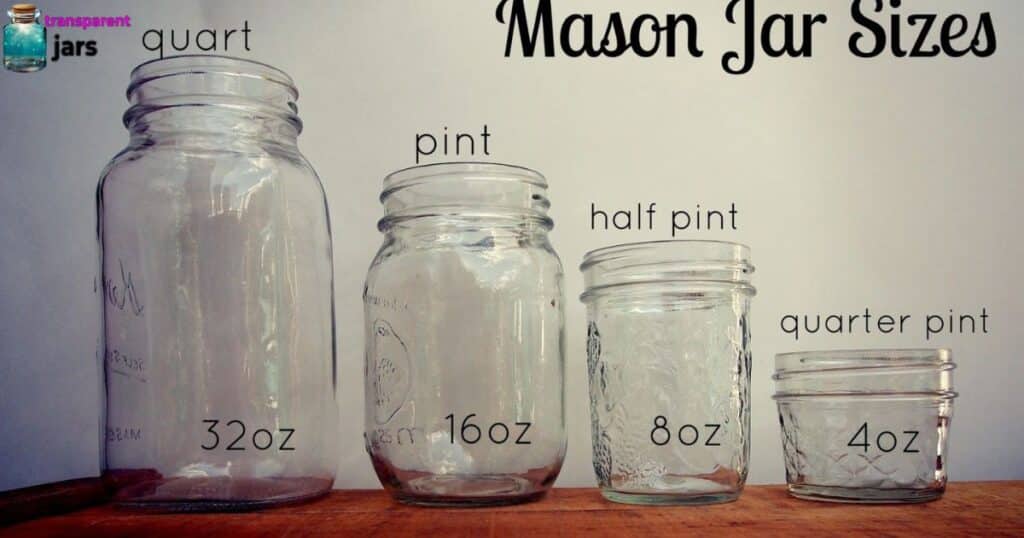
When freezing food in Mason jars, it is important to be aware of the common mistakes that can occur to ensure successful freezing and avoid potential hazards. Here are some common mistakes to avoid:
- Filling the jars too full: Leave enough headspace to allow for expansion during freezing.
- Using jars with narrow necks: Opt for wide-mouthed jars to make it easier to remove frozen food.
- Not properly labeling the jars: Clearly label the contents and date of freezing to avoid confusion later.
- Placing hot food directly into the jars: Allow the food to cool before transferring it to the jars to prevent glass breakage.
Thawing and Storing Food in Glass Jars
To ensure that your frozen food remains safe and of high quality, it is crucial to follow proper thawing and storage techniques when using glass jars. Thawing food in glass jars requires a gradual process to prevent thermal shock and potential breakage. Begin by transferring the frozen jar to the refrigerator and allow it to thaw slowly overnight or for a few hours.
Avoid placing the glass jar directly under hot water or using a microwave for rapid thawing, as this can lead to uneven heating and compromise the structural integrity of the jar. Once the food is thawed, it is important to store it properly in the glass jar. Ensure that the jar is tightly sealed with a lid to prevent air and moisture from entering, which can lead to freezer burn and spoilage.
Label the jar with the contents and date before placing it back in the freezer for future use. By following these thawing and storage techniques, you can preserve the quality and safety of your frozen food in glass jars.
Frequently Asked Questions
Can I Freeze Liquids in Mason Jars?
Freezing liquids in mason jars is possible, but precautions must be taken. Ensure the jar is freezer-safe, leave enough headspace for expansion, and allow the liquid to cool before freezing to prevent cracking.
How Long Can I Freeze Food in Mason Jars?
When it comes to freezing food in mason jars, the duration of freezing depends on the type of food. Generally, most foods can be stored in mason jars for up to three months without compromising quality and taste.
Can I Use Regular Mason Jar Lids for Freezing?
Regular mason jar lids can be used for freezing, but it is important to leave enough headspace in the jar to allow for expansion during freezing. Using proper freezing techniques and ensuring a tight seal will help preserve the quality of the food.
Are There Any Safety Concerns When Freezing Food in Mason Jars?
There are safety concerns when freezing food in mason jars. The rapid expansion of liquids can cause jars to crack or explode. It is recommended to use freezer-safe jars and leave enough headspace to allow for expansion.
Can I Freeze Mason Jars With Metal Lids?
Freezing food in mason jars with metal lids is not recommended due to the risk of the glass breaking. When liquids freeze, they expand, and the fragile glass may not be able to withstand the pressure, resulting in breakage.
Conclusion
In conclusion, freezing food in mason jars is a convenient and practical method for preserving your meals. By properly sealing the jars and following the recommended guidelines, you can safely freeze a variety of foods without compromising their quality. Remember to use appropriate lids, prevent rusting, and follow the necessary steps for thawing and storing.
With these tips, you can confidently utilize mason jars for freezing and enjoy the benefits of long-lasting, delicious meals. Can You Freeze Mason Jars?

